Contact Us

Office: 083 000 1000
Studio: 083 00 00 967
Telegram: 083 00 00 967
WhatsApp: 083 00 00 967
Telegram: 083 00 00 967
WhatsApp: 083 00 00 967
Location: Unit 42 & 44, Hyper Motor City, Maxwell Street, Windhoek, Namibia
Listeners:
Top listeners:
Radiowave 96.7FM
 play_arrow
play_arrow
KP... Not Really The lllest Anymore? Lunch w/ Yanika
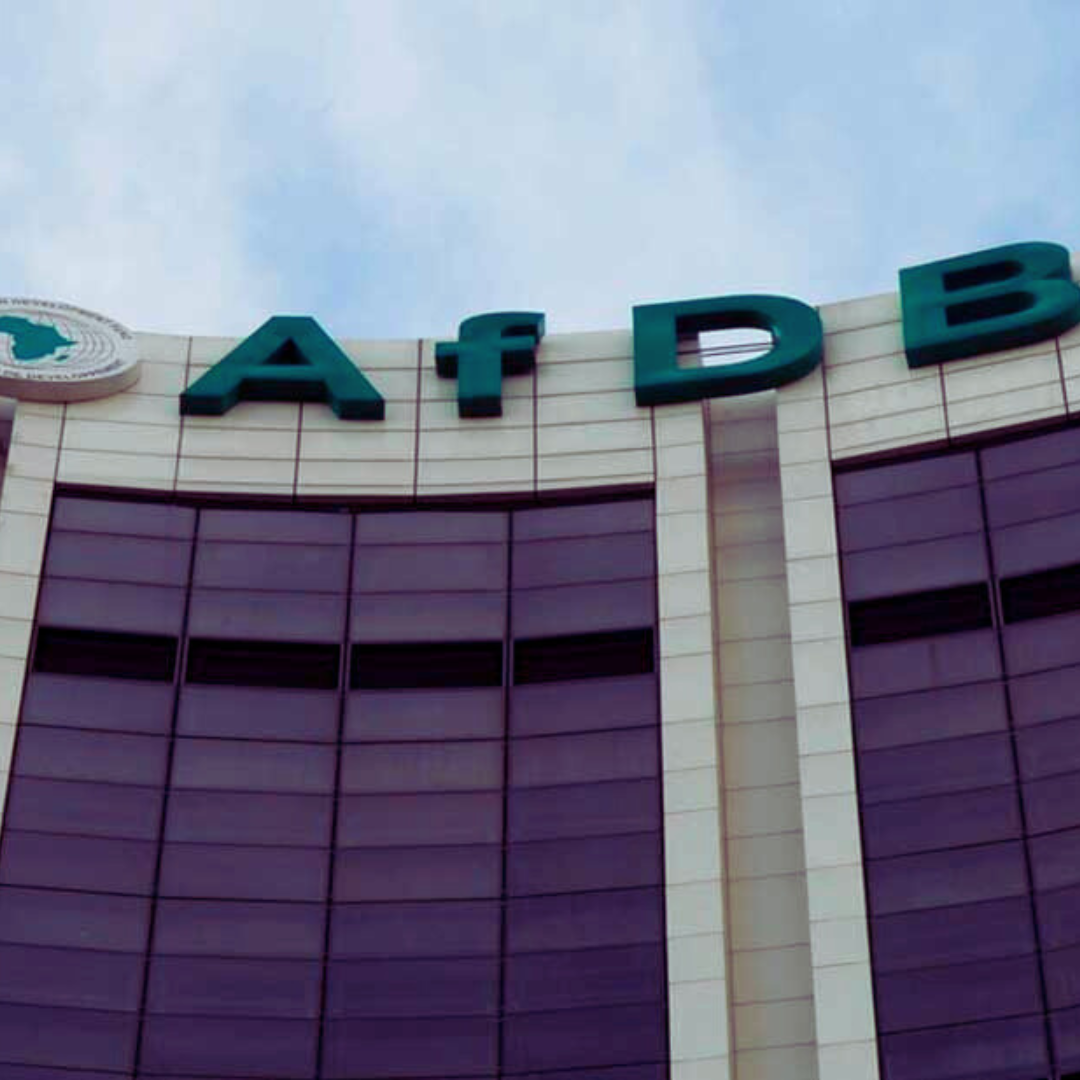
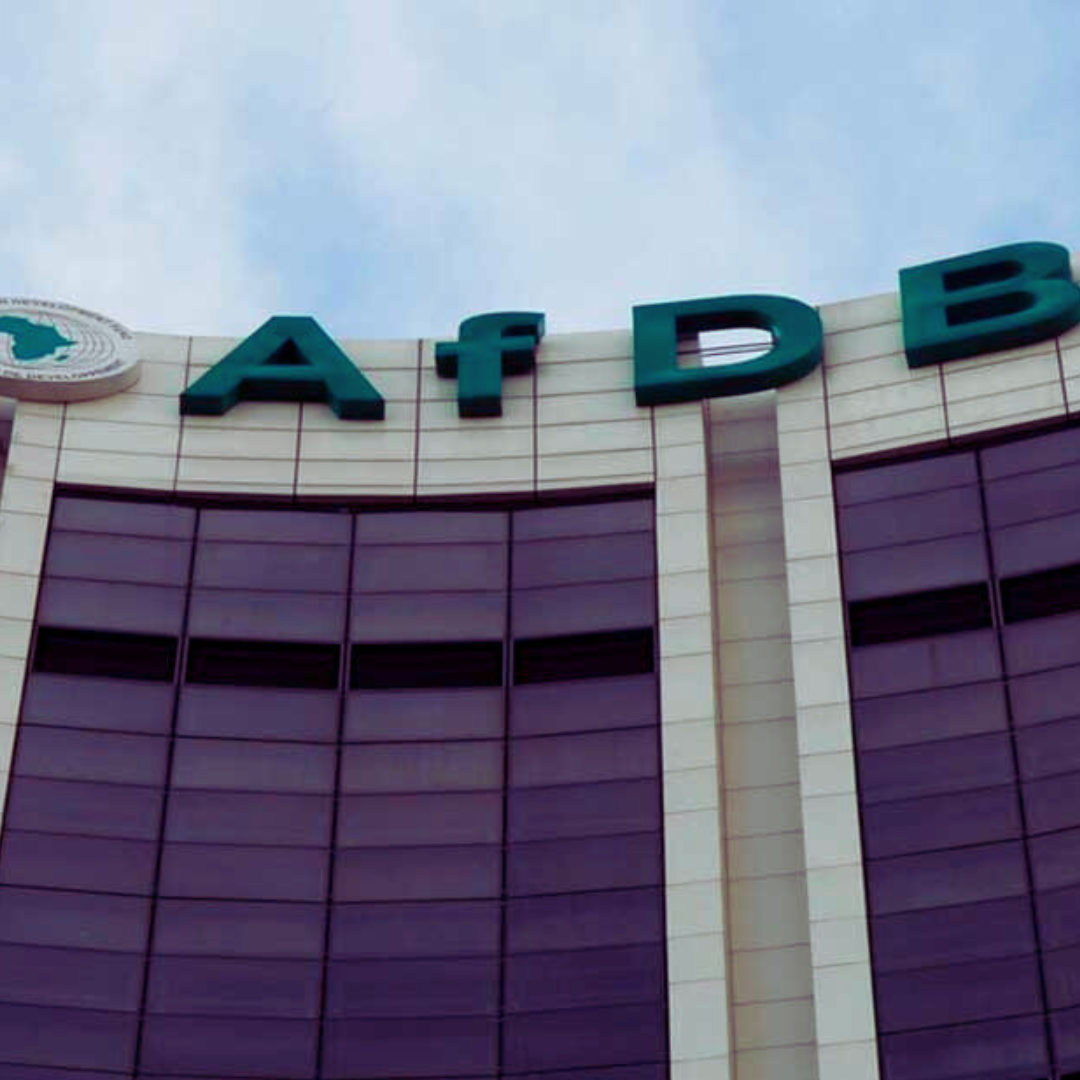
As the African Development Bank (AfDB) faces changing dynamics in its funding sources, economist Gabriel Erastus offers insightful perspectives on how this shift could affect Namibia and the broader African continent. With the United States reducing its contributions to the AfDB, Erastus believes it’s time for African nations to step up and take greater ownership of the funding process, which could empower the continent to direct capital toward its own development needs more effectively.
The Decline of U.S. Contributions: A Wake-Up Call for Africa
The U.S. decision to cut back on its contributions to the African Development Bank has raised concerns among many in Africa, but Erastus argues that this could be a positive development for the continent. He points out that Africa has long been underrepresented in the global capital pool, with much of the international funding channeled into extractive industries like minerals. By relying on Western countries for financial support, African nations have been constrained in their ability to choose how funding is used, often with a focus on export-oriented sectors that benefit global markets rather than local communities.
Erastus sees the U.S.’s withdrawal as an opportunity for African countries to reassert control over the direction of the AfDB. He notes that for too long, the funding decisions of international donors, like the U.S. and the European Union, have been tied to political and economic interests that may not align with Africa’s own development aspirations. “If you disagree with their approach to economic building, then why should you continue to rely on their capital?” Erastus asks. He advocates for African nations to mobilize their own resources and fund the AfDB through contributions based on their own vast natural resources, such as copper, uranium, and diamonds.
The Case for African-Led Financing
Erastus suggests that the current funding structure, where foreign powers play a significant role in capital distribution, undermines Africa’s autonomy. “Let Africans decide where the capital should go,” he says, pointing out that there are more than 50 African countries rich in natural resources, each of which could contribute a percentage of their revenue to the AfDB. By doing so, the continent could fund its own development without relying on external interests.
While acknowledging that the transition to a more self-sufficient funding model may bring short-term challenges, such as higher borrowing costs for countries like Namibia, Erastus believes the long-term benefits far outweigh the risks. In the case of Namibia, the country is expected to borrow up to two billion Namibian dollars from the AfDB this financial year. However, the economist remains optimistic that, by taking control of the funding process, Africa will have more leverage in deciding how that capital is used, with a stronger focus on areas like infrastructure and agriculture—sectors that are crucial for sustainable economic growth.
Shifting the Focus to Africa’s Development Priorities
For Namibia, a country with a relatively small population but significant natural resources, the ability to influence where capital is directed could be transformative. Erastus stresses that Africa’s future growth lies in developing its agricultural sector, improving infrastructure, and investing in social development, rather than continuing to focus on the export of raw materials. A shift in funding priorities could help African nations address critical issues like food security, poverty, and climate change, which are often overlooked in favor of resource extraction.
Moreover, this shift could lead to a more equitable distribution of capital within Africa, where countries that contribute to the AfDB have more say in how it operates. By pooling resources, African countries could invest in cross-border infrastructure projects, trade initiatives, and development programs that benefit the continent as a whole.
Conclusion: A New Dawn for African Development
Gabriel Erastus’s analysis calls for a fundamental rethink of how Africa finances its own development. By embracing the idea of African-led financing for the AfDB, the continent could break free from the influence of external powers and pursue a development agenda that reflects its unique needs and priorities. While the transition may come with short-term challenges, such as more expensive loans and increased financial pressure, Erastus is confident that Africa has the resources and the capacity to fund its own future.
For Namibia, this could mean more autonomy in shaping the country’s development trajectory, focusing on sectors that benefit its people rather than the global market. The time has come for Africa to take control of its own economic destiny, and with the right leadership and vision, the continent could transform its economic landscape for the better.
By shifting the funding paradigm, African nations can harness their vast natural wealth to drive progress across the continent, ensuring that development benefits are truly local and sustainable. It’s a vision that, if realized, could redefine the future of Africa’s economic growth and prosperity.
The post Interview: Gabriel Erastus on the African Development Bank and Namibia’s Economic Future first appeared on Future Media News.
The post Interview: Gabriel Erastus on the African Development Bank and Namibia’s Economic Future appeared first on Future Media News.
Written by: Madeline


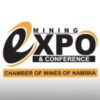
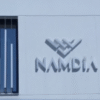
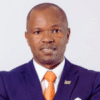
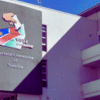

COPYRIGHT 2025 Radiowave 96.7FM | WEBSITE BY DIGITAL PLATFORMS